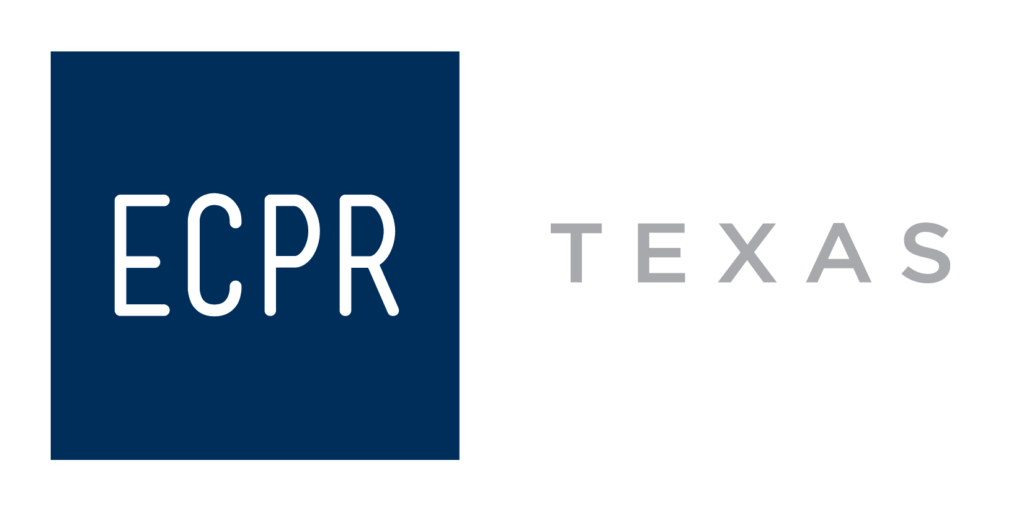Microsoft co-founder Bill Gates once said, “If I was down to my last dollar, I would spend it on public relations,” and we believe that wiser words were never spoken!
The way an organization communicates with its consumers can make or break its reputation, affecting brand loyalty and ultimately, the bottom line.
Brand awareness and reputation stem largely from the brand’s presence in the media. One of the things ECPR does best is to teach clients how to tell their own stories. We do this through media training. We want our clients to be confident when it comes to the do’s and don’ts of speaking with the media.
ECPR has been in business for more than 20 years, and when it comes to media interviews, we’ve seen it all. We know from experience that media training can make the difference between an effective, memorable story and a missed or failed opportunity.
Here are a few reasons media training is important for all organizations, no matter the size or industry:
- You’ll define how to clearly and concisely articulate key messages. Knowing how you want to convey your message and ultimately be perceived by your audience is essential. We recommend that our clients have three to five key messages that are original, short, tailored to the desired audience, focused on the benefits of the product or service and use the language that best suits the audience and brand image.
- You’ll learn to speak effectively. Media training helps clients practice how best to use words, tone and body language to deliver message content in a positive and powerful way. This is especially important for TV interviews, since the audience can see a spokesperson’s body language, facial expressions and overall appearance and demeanor.
- You’ll get experience answering difficult questions. Sometimes journalists ask questions that are hard to answer. Media training prepares clients to answer the most challenging questions possible so that the client is ready for unexpected turns in the interview. This practice can feel tough during training, but time and again, we have seen it help our clients nail some of the most challenging interviews.
- You’ll realize the importance of relationships. The more clients make themselves available to speak on topics relevant to their industry, the more the media will see them as experts in their field—and the more they will want to work with the client. Frequently appearing in the media with positive, consistent messaging can result in increased transparency and trustworthiness with consumers.
While interviews can seem intimidating—whether they’re in print or broadcast, or whether they’re live or taped—media training helps spokespersons develop confidence, allowing a brand’s story to be conveyed in a positive and powerful way. This can lead to big pay-offs in brand perception and customer loyalty.
Christina Ibarra
Senior Account Executive
Elizabeth Christian Public Relations


